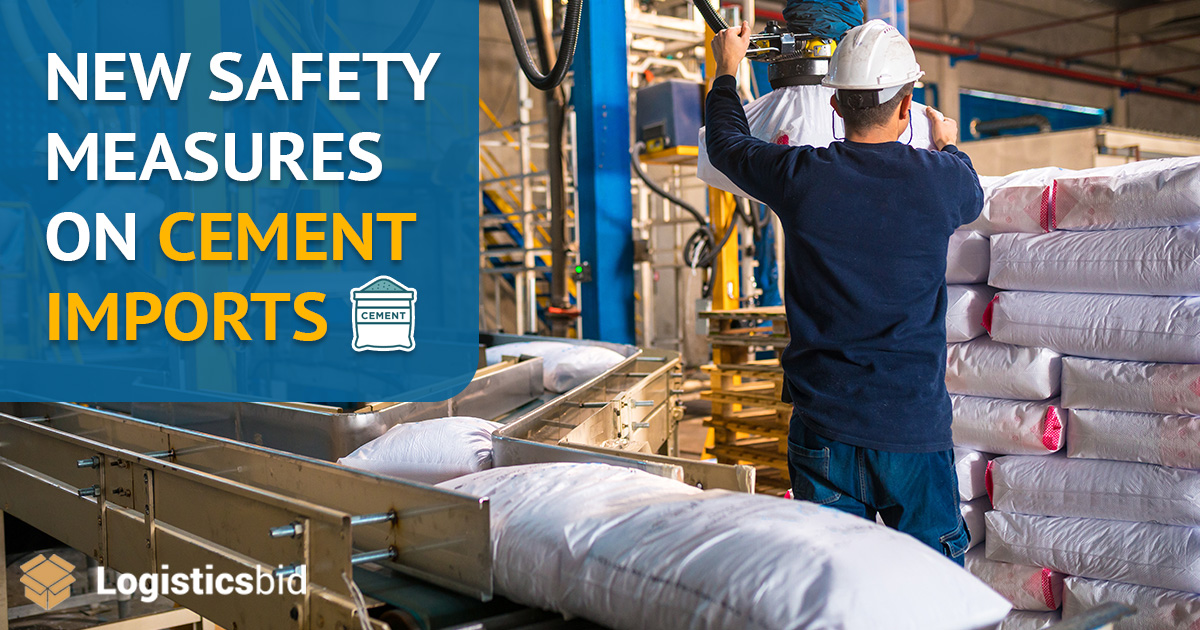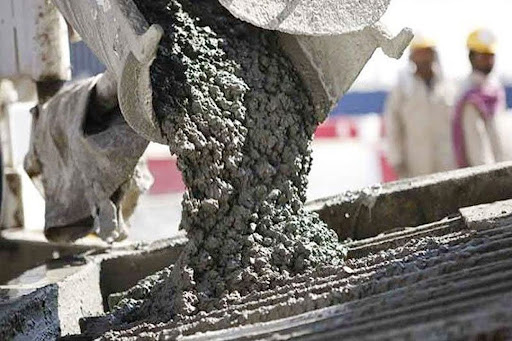
The Bureau of Customs (BOC) in the Philippines has recently initiated a provisional safety measure on cement imports to address the significant increase in such imports that have caused injury to the domestic cement industry. This safety measure reflects a strategic approach to rebalancing the market, ensuring industry vitality while protecting consumer rights.
Understanding the Provisional Safety Measure
Purpose and Structure
The safety measure, detailed in Customs Memorandum Circular (CMC) No. 70-2025, mandates a cash bond equivalent to P400 per metric ton or P16 per 40-kilo bag of imported ordinary Portland and blended cement. This initiative is designed to counteract the economic damage attributed to the inflow of cheaper cement imports harming local producers.

Duration and Scope
The protective tariff will be effective for 200 days following the memorandum’s signing on March 27. During this period, the Tariff Commission will conduct an exhaustive investigation to determine if a permanent measure is warranted. Importantly, exemptions apply to imports from specified developing countries, which must provide a certificate of origin per Department Administrative Order (DAO) No. 25-01.
Legal and Economic Rationale
Legislative Backing
The Safeguards Measures Act (Republic Act No. 8800) justifies provisions like this under circumstances of severe domestic industry strain. This act enables temporary responses to sudden import surges that threaten significant local economic segments, pending more in-depth analyses that guide longer-term policy.
Investigation Background
Led by the Department of Trade and Industry (DTI), the preliminary inquiry highlighted a troubling uptrend in cement imports from 2019 to 2023, which jumped from 22% to 32% market share. This was matched by a decline in domestic production metrics, pointing to an urgent need for corrective action.
Industry Impact
Local producers have suffered a notable downturn in sales, production levels, capacity utilization, and profitability, resulting in adverse employment effects. The DTI’s findings clearly indicate that the foreign competition, facilitated by increasing imports, has severely impacted the construction industry.
A Balanced Approach to Consumer and Industry Needs
Ensuring Market Stability
Consumer protection remains a priority, and the safety measure has been structured to minimally disrupt market supply. Local manufacturers are expected to meet domestic demand, maintaining the availability and affordability of cement for end-users.
Encouraging Domestic Growth
The provisional measure supports local industry resilience and competitiveness, laying the foundation for a stronger manufacturing base that can offer substantial employment opportunities. By providing temporary relief from foreign competition, the measure offers breathing space for the local industry to stabilize and grow.
Implications for Market Participants
While the safety measure temporarily favors domestic producers by imposing additional costs on imported cement, it also encourages international businesses to evaluate their sourcing strategies. This situation underscores the dynamic interplay between policy, market forces, and strategic industry development.
Impact on Logistics and Key Players in the Philippines
Given the vital role that logistics plays in the importation, distribution, and overall supply chain management of construction materials, this measure introduces new dynamics that logistics companies will need to navigate effectively.
Adjustments in Import Patterns
As the safety measure introduces a cash bond on imported cement, importers might reconsider the volume and frequency of shipments. This change could result in a decreased volume of cement passing through major ports and border entries, prompting logistics providers to adjust their cargo handling, storage, and distribution strategies accordingly.
Demand for Local Distribution Networks
This scenario presents an opportunity for logistics providers to expand their operations, focusing on more efficient transportation from local manufacturers to construction sites, retailers, and end-users across the archipelago.
Implications for Major Logistics Players
Several prominent logistics players in the Philippines, such as 2GO Group, LBC Express, DHL, and Transportify, have the capacity to adapt to these market shifts. These companies may capitalize on the opportunity to enhance local distribution channels, offering value-added services to cement manufacturers needing cost-effective and timely distribution solutions.
In summary, the provisional safety measure on cement imports presents both challenges and opportunities for the Philippine logistics. By staying agile and responsive to these market changes, logistics players can play a pivotal role in the successful implementation of the safety measure and support the broader goal of bolstering the domestic cement industry.
The BOC’s action reflects a critical balance between fostering industry growth and safeguarding consumer interests. As the outcomes of the Tariff Commission’s investigation unfold, continuous policy adaptation will be vital to ensure a healthy, competitive cement industry in the Philippines.
